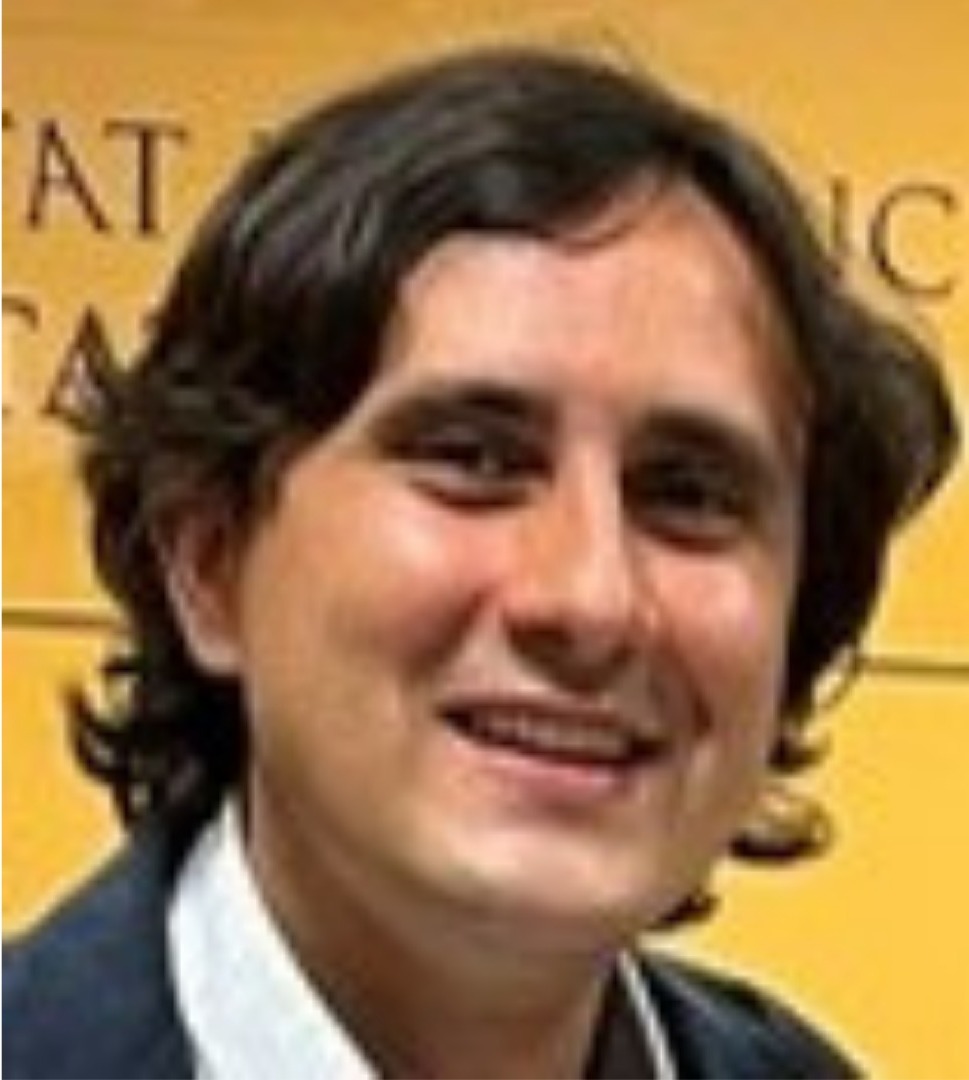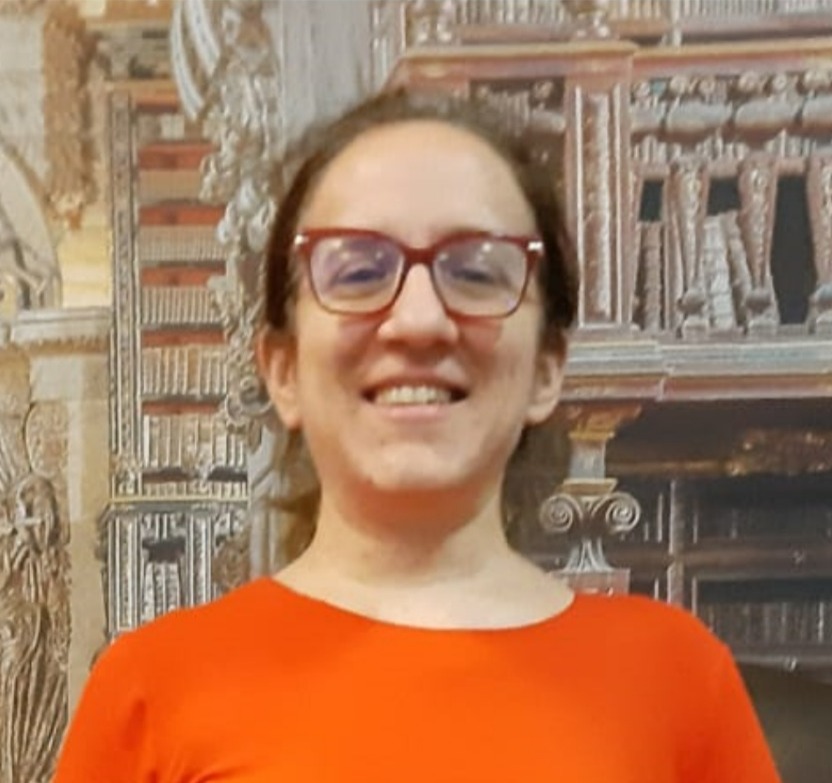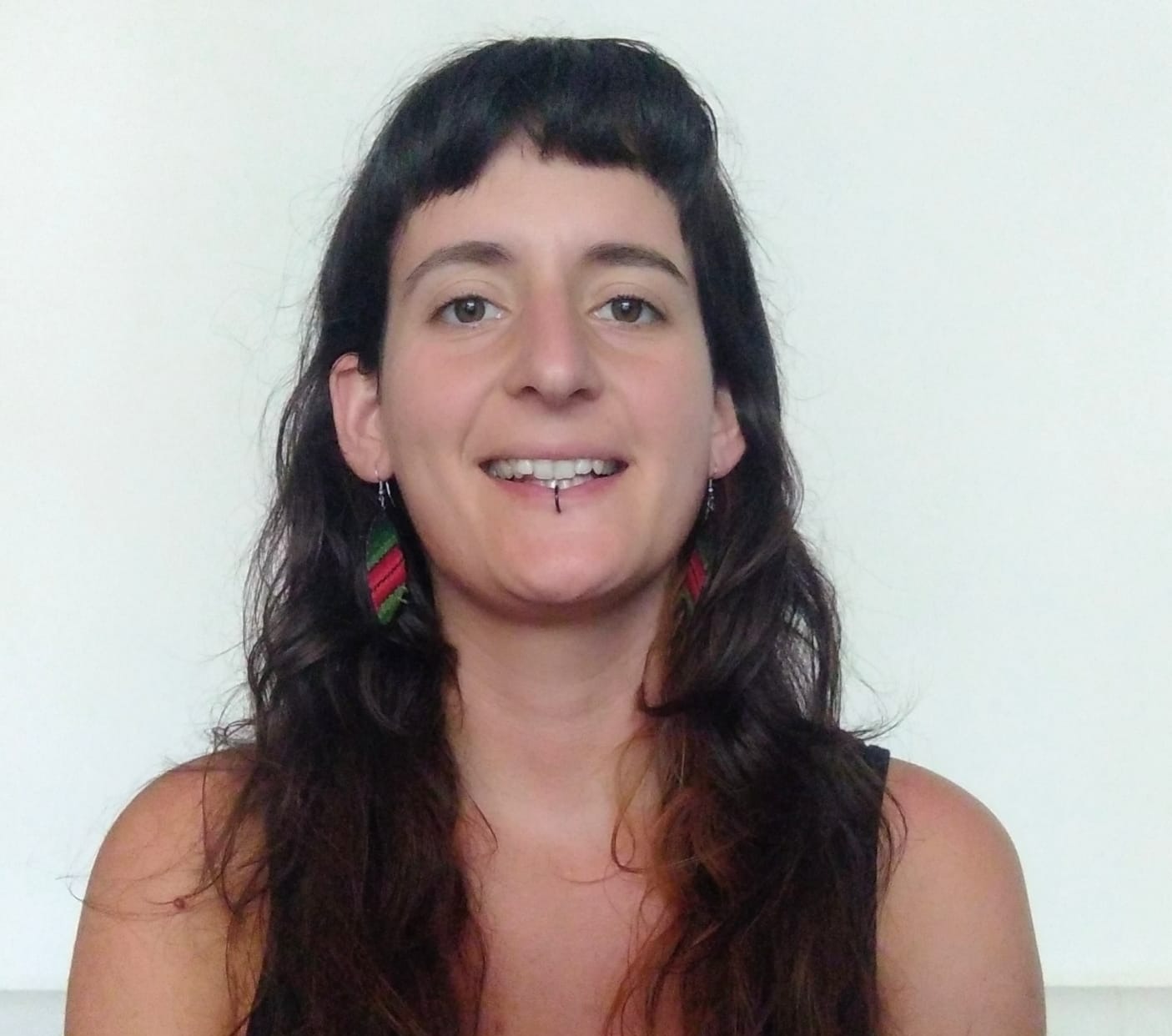Universitat de València
The University of Valencia (in Valencian and officially Universitat de València), founded in 1499 under the name of Estudi General, is one of the oldest universities in Spain. It is a public university, oriented towards teaching and research in almost all areas of knowledge. The University of Valencia is among the four most outstanding in Spain in the field of R+D+i, with 18 University Research Institutes (three of them joint centers with the Higher Council for Scientific Research). In 2012 it won the Ability Awards as the best organization in the Spanish public sector, and in 2013 it won the CERMI awards for its inclusive dimension of disability and as the best Erasmus institution in Spain. In 2014, the Universitat de València won a UNESCO award for its job placement observatory. In 2021, it has established itself as one of the first Spanish universities in the 2021 ARWU world ranking of universities (Academic Ranking of World Universities), also known as Shanghai ranking.
The “Human Rights Institute from the University of Valencia” was born in March 2005 for multidisciplinary research on human rights. The Institute brings together researchers from different legal and social branches around some basic purposes. Thus, the advancement in the knowledge of human rights thanks to multidisciplinary research, training and awareness in human rights through their teaching work, and the promotion of reflection, dialogue and commitment to human rights, in particularly with those of the most vulnerable or most threatened individuals and groups. The Institute is organized around several lines of research, of a multidisciplinary nature. Along with these lines of research and study, the HRI actively promotes human rights training through postgraduate and specialization teaching on human rights issues. These activities are possible to a large extent thanks to the agreements and collaboration agreements with other research and teaching centers in this field, Spanish and foreign. The HRI also collaborates with NGOs and social movements specializing in the defense and promotion of the human rights of vulnerable groups. Finally, in the task of social awareness, the Institute organizes activities and conferences with multidisciplinary guests.
More information: https://www.idhuv.es

José Antonio García Sáez
Main researcher and Coordinator of EDUCAP
Universitat de Barcelona
Since it was founded in the year 1450, the University of Barcelona (UB) has been a leading centre of education, science and critical thinking. The quality of its teaching and research, which have won recognition both inside and outside Spain, complements its commitment to serve the interests of local society and the country as a whole. As far as international research is concerned, the University has so far secured funding totaling more than 20 million euros for 61 research projects from the European Commission’s Horizon 2020 programme. In the meantime the Health University of Barcelona campus, a campus of international excellence, has received the highest rating possible in the Spanish Ministry of Education, Culture and Sport’s final evaluation report. The achievements in question, together with active participation in networks such as the League of European Research Universities, the organisation and hosting of the third Arab-Euro Conference on Higher Education, and the creation of an Ibero-American University Union, complement and reinforce the University’s institutional policies on research, teaching quality, internationalisation and transferring knowledge to society. The combination of all these factors has paved the way for UB to retain its position of leadership among Spanish universities in the main international rankings.
GReVIA (Group of Research on Children and Youth Victimization) is a research group on child and juvenile victimization linked to the Faculty of Psychology of the UB. It was born in 2009, by the hands of a multidisciplinary team headed by PhD. Noemí Pereda. The members are professionals from the fields of victimology, psychology, criminology and education. GReVIA works on children and youth victimization, psychological evaluation, the study of protection and resilience factors and the epidemiology and methodology of behavioural sciences. The ultimate goal of GReVIA is to investigate and create new knowledge, without forgetting the applicability of studies and projects to the reality of childhood and adolescence. It usually works with national and international NGOs and institutions linked to childcare and protection.
More information: www.ub.edu/grevia
Save the Children
Save the Children is an international alliance of non-governmental organizations that works to promote and defend the rights of children. It was founded in 1919 by Eglantyne Jebb to help the millions of refugee and displaced children scattered across Europe after the First World War. Eglantyne Jebb drew up the first Declaration of the Rights of the Child, known as the Geneva Declaration, approved by the League of Nations in 1924, which is the immediate historical antecedent to the current Convention on the Rights of the Child, ratified by the United Nations in 1989 Within the framework of this work, Save the Children Spain has been developing since 1997 the Program for Awareness and Prevention of Child Sexual Abuse financed by the General Directorate for Children and Families of the Ministry of Labor and Social Affairs. Save the Children has developed different lines of work at the national and international level to influence childhood policies with the ultimate goal of achieving real and effective protection of children from any form of violence, a quality intervention in cases in which this violence has not been possible to avoid and the promotion of the right of boys and girls to adequate treatment that guarantees their full development. The initiatives promoted within the framework of this program on the prevention of child sexual abuse in recent years are the result of a shared project between a series of entities and professionals of recognized prestige and of generating interdisciplinary networking, both in the state and European. The possibility of exchanging experiences, instruments and visions of work between professionals and entities has been the greatest benefit that all of us involved have obtained. The construction of professional networks and training have been some of the main strategies used in this task.
In addition, from STC they have promoted the start-up of the first Barnahus in Tarragona. Barnahus or “House of boys and girls” created by the Icelandic Bragi Gudbrandsson a space that prevents the minor from having to relive sexual abuse through multiple statements and, in turn, offers a friendly and respectful environment with the needs of she. The first that has been launched in Spain is in Tarragona and began operating in April 2020, during the pandemic. Since then, they have already handled a hundred cases of child sexual abuse. From Save the Children we continue to present proposals for improvements to ensure the quality of this model in Catalonia and to be able to extend it throughout the Spanish State.
More information: https://www.savethechildren.es
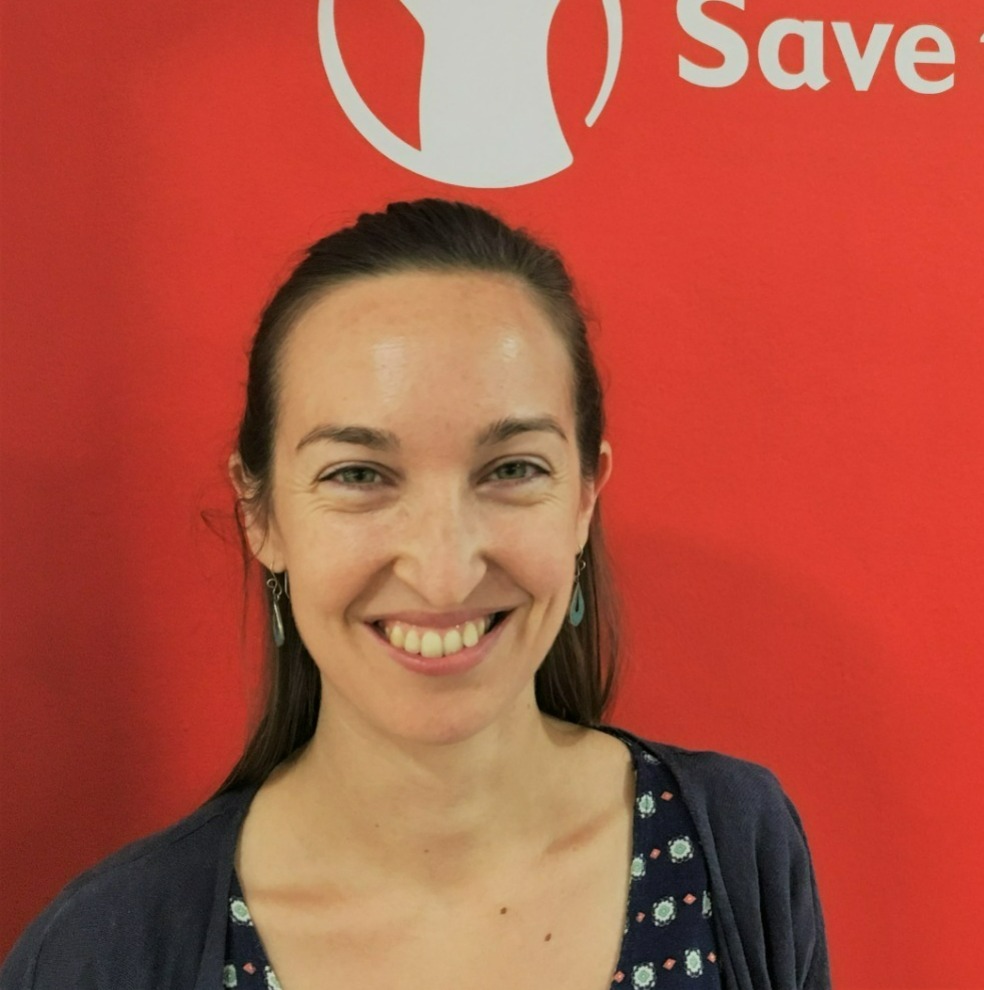
Cristina Massó Riera
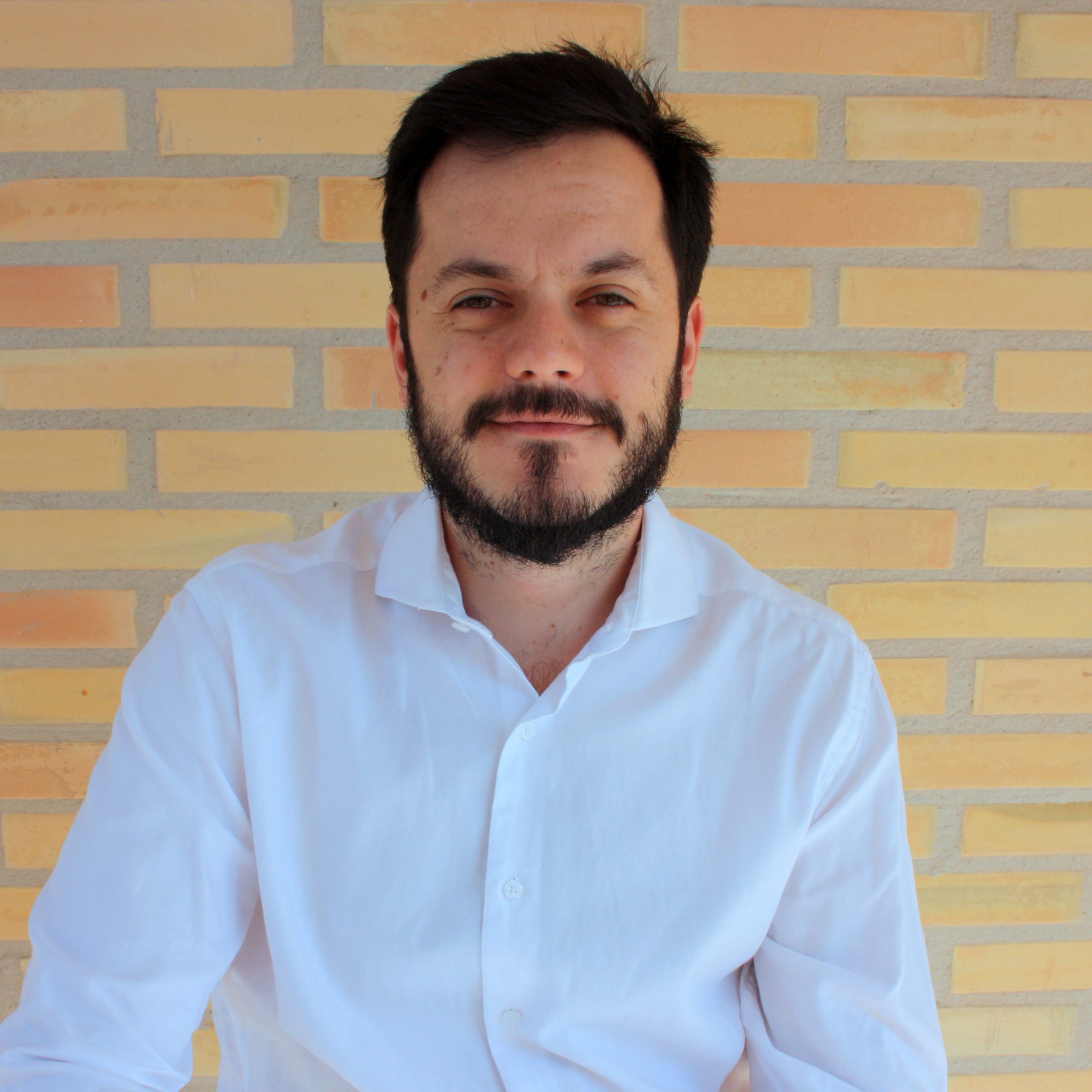
Yohara Quílez Playán
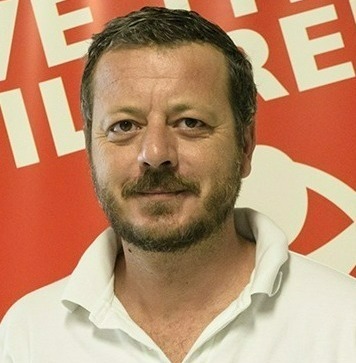
Rodrigo Hernández Primo
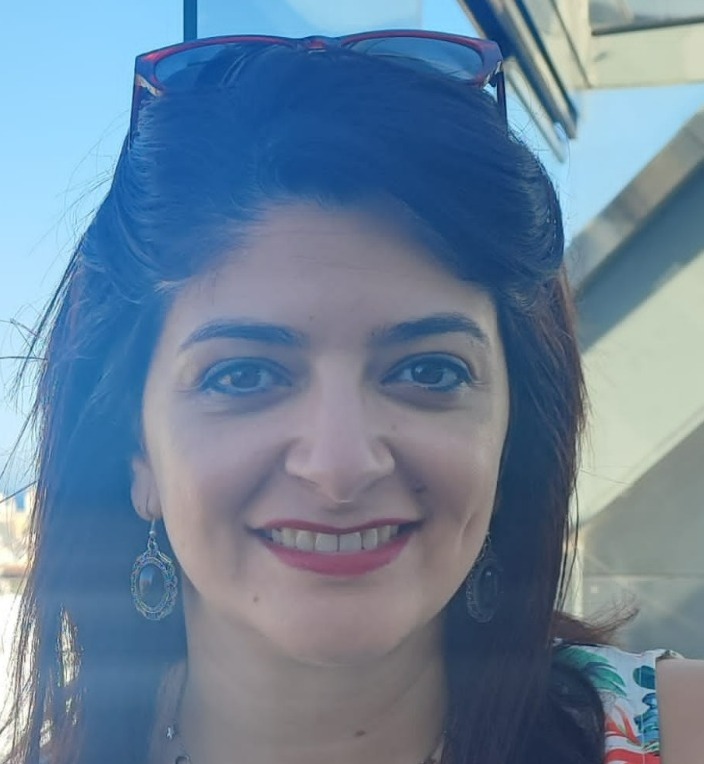
Zineb Emrane Ch'Kara
Universidad Carlos III de Madrid
The Carlos III University of Madrid (UC3M) is a public university based in Getafe, Community of Madrid (Spain). It was founded by Gregorio Peces-Barba on May 5, 1989, within the framework of the 1983 University Reform Law. UC3M offers undergraduate and postgraduate university studies in Social and Legal Sciences; Humanities, Communication and Documentation; and Engineering, as well as a degree in Science. It ranks 35th worldwide and is twelfth in Europe in the QS ranking of the 50 best universities in the world under 50 years old and is included in the THE academic ranking of universities. UC3M also stands out for the high employability of graduates, which reaches 90.6%.
The “Bartolomé de las Casas” Human Rights Institute of the Carlos III University of Madrid was created in 1990 and since then it has been carrying out activities as a University Center. The Institute has a group of university professors and researchers who carry out their activity in the field of Philosophy of Law, Constitutional Law, International Law, Ecclesiastical Law and Procedural Law.
The Bartolomé de las Casas Human Rights Institute (IDHBC) received the Cermi.es 2009 award, in the “Social and Scientific Research” category, awarded by the Spanish Committee of Representatives of Persons with Disabilities, for its contribution to the consideration of the disability as a human rights issue. The activity of the IDHBC has been recognized in 2016 with the award from the Justice and Disability Forum of the General Council of the Judiciary (Spain) in the institutional category for its work and dedication in favor of the social inclusion of people with disabilities. The IDHBC was awarded in 2018 with the ALPE Award in its research category ‘for its scientific career in the study of the implementation of the UN convention’. The ALPE Awards, which were instituted in 2012, aim to promote the inclusion and social visibility of achondroplasia and other dysplasias and recognize the work of those who in one way or another collaborate in improving the quality of life of the affected.
More information: https://www.uc3m.es/Inicio

Silvina Ribotta

Carlos Lema Añón

Ignacio Campoy





